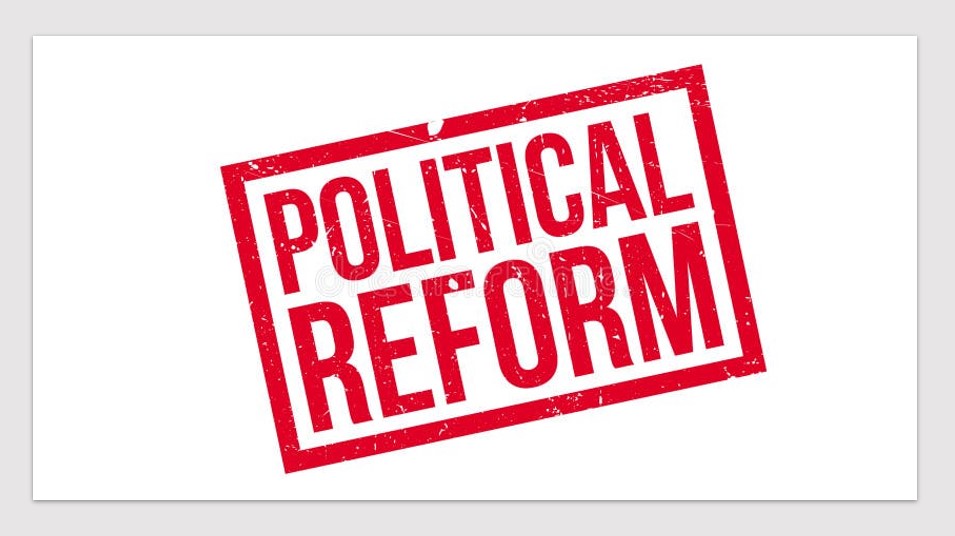News & Trends - MedTech & Diagnostics
‘Shut up and pay us’: NSW public hospital doctors escalate strike, the first in 25 years

Thousands of public hospital doctors in New South Wales walk off the job for a third consecutive day today, intensifying their urgent call for action on chronic doctor shortages, unsafe working hours, and the widespread issue of burnout.
Organised by the Australian Salaried Medical Officers Federation of NSW (ASMOF), the doctors committed to reducing services to public holiday staffing levels over a span of three days, from 8 – 10 April. The list of demands is long and growing – ranging from a significant pay rise to minimum 10-hour breaks between shifts to ensure the safety of both staff and patients.
The NSW government is now bracing for the cancellation of approximately 700 elective surgeries as a direct consequence of the strike. But the problem is far deeper than just cancellations; it’s a crisis that could dismantle the foundation of the healthcare system if not addressed.
According to ASMOF, doctors in NSW are being paid 20% to 30% less than their counterparts in Queensland and Victoria. The union’s push is clear – they want the same pay rises granted to other public sector workers, including police, paramedics, teachers, and public servants, over the past 18 months. The state government has offered a modest 10.5% pay increase over three years, but the union is demanding a much more substantial 30% bump, followed by a further 3% increases to match other states.
ASMOF President, Dr Nick Spooner, didn’t mince words when discussing the ongoing crisis. He described the rallies as a “clear demonstration” that doctors are no longer willing to “operate in conditions that are not safe for staff or patients.”
“This is not just a Sydney problem, doctors in Dubbo and Orange, from Wollongong to Lismore, are standing up together to say the system is no longer safe,” Dr Spooner said.
“Shut up and pay us at least as much as our colleagues living in other (lower cost of living) states,” Emily Roman, a Newcastle-based staff specialist obstetrician, told NSW Premier Chris Minns.
Dr Spooner added, “We are working dangerously long shifts, sometimes 16 hours back-to-back, with little rest and no relief in sight. The reality is doctors in NSW are paid 30% less than in other states, leading to a critical loss of talent and exacerbating existing staff shortages. We need immediate action to ensure we can continue to deliver the quality care our patients deserve.”
The ASMOF issued a direct challenge to the public, encouraging Australians unable to see a doctor in a public hospital to “ask Premier Chris Minns why not.”
“We are demanding real change, not just a marginal 3% pay increase without addressing the fundamental issues of unsafe working conditions,” he stated. “Doctors no longer want to put themselves or their patients at risk. Enough is enough.”
The industrial action has put pressure on the state government, forcing Premier Minns to publicly acknowledge the underpayment of public doctors in NSW during a press conference on Tuesday. He admitted that there had been a “decade’s worth of underpayment or wage suppression under the previous government.”
However, Premier Minns was quick to temper expectations, stating that “12 years of wage suppression” couldn’t be fixed with a single negotiation. While he recognised the legitimate concerns raised by doctors, he also conceded that the industrial action – resulting in fewer doctors on deck – posed a “risk” that patients may not be seen in a timely manner.
“Doctors have sent a clear message. Now it’s time for the Government to listen,” warned Dr Spooner.
![]() In reimagining healthcare across the entire patient journey, Health Industry HubTM is the only one-stop-hub uniting the diversity of the Pharma, MedTech, Diagnostics & Biotech sectors to inspire meaningful change.
In reimagining healthcare across the entire patient journey, Health Industry HubTM is the only one-stop-hub uniting the diversity of the Pharma, MedTech, Diagnostics & Biotech sectors to inspire meaningful change.
The Health Industry HubTM content is copyright protected. Access is available under individual user licenses. Please click here to subscribe and visit T&Cs here.
News & Trends - Pharmaceuticals

Reform blueprint pushes for radical shift amid growing calls for political integrity and transparency
With the federal election now behind us, a bold reform blueprint is back on the table, calling for robust parliamentary […]
MoreNews & Trends - Pharmaceuticals

Australia to launch first guidelines in motor neurone disease
A two-year project to develop the nation’s first clinical guidelines for motor neurone disease (MND) has been launched by University […]
MoreNews & Trends - Pharmaceuticals

World-first immunotherapy trial to treat Type 1 diabetes
Australian researchers have dosed participants in the first clinical trial of an immunotherapy drug to treat Type 1 diabetes. Professor […]
MoreNews & Trends - MedTech & Diagnostics

Bridging the gap between invention and commercialisation for local medtechs
A new national push to get Australian-made medical technologies into local hospitals has been launched, aiming to close the long-standing […]
More